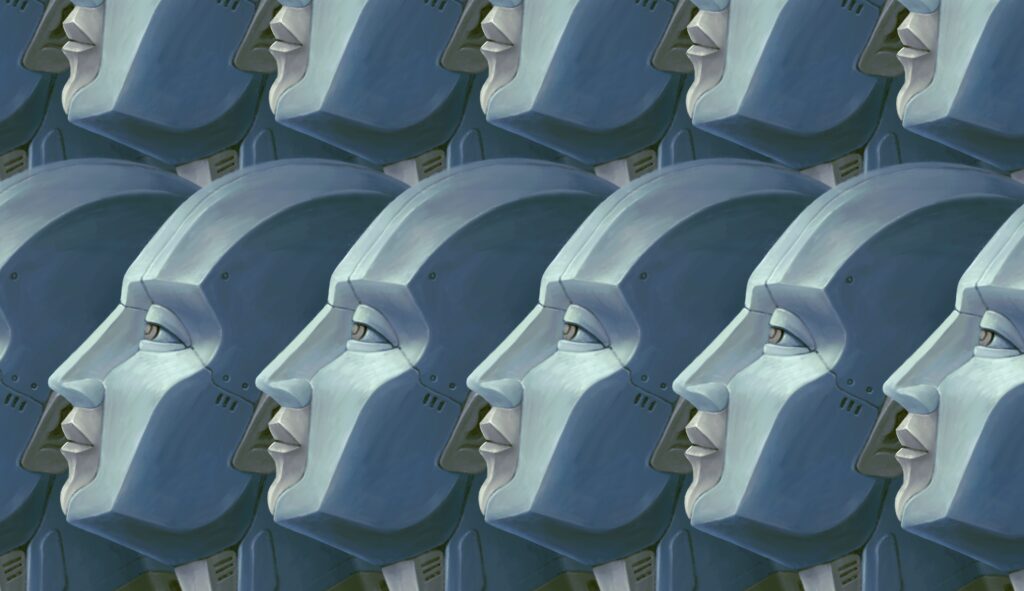The world of HR is constantly evolving, and with each new development, HR professionals must be equipped with the latest tools to help them stay ahead of the curve.
For years, I’ve been writing and talking at conferences about the implications of artificial intelligence (AI) for the HR profession. The emergence of AI-powered chatbots like ChatGPT may just be one of the most exciting advancements in recent years, and HR professionals are now starting to realise their full potential in the workplace.
Meet ChatGPT
If you don’t know what ChatGPT is, it’s essentially a chatbot; a computer program designed to communicate with users in natural language, either through text or voice. It can be integrated into messaging apps, websites, or mobile apps, and provide users with instant, automated responses to their inquiries.
For HR, chatbots like ChatGPT can be used for a wide range of purposes, from answering employee questions and resolving HR-related issues, to automating HR processes and tasks.
This means that HR professionals can focus their time and energy on more complex, high-level tasks, like strategy, rather than being bogged down by routine admin and employee queries.
One of the biggest benefits of chatbots for HR is that they can help reduce response times for employee enquiries. With chatbots, employees can get quick answers to their questions 24/7, regardless of time zones or office hours.
This not only saves HR professionals time, but also helps to improve employee engagement and satisfaction by providing them with quick and effective solutions to their HR-related problems.
It’s a revolution
Another key benefit of chatbots for HR is that they can help automate HR processes. For example, they can be used to help employees with self-onboarding, manage employee benefits and leave requests, or even facilitate employee feedback and surveys.
This not only makes HR processes more efficient, but also helps to reduce HR costs, as many of these tasks can be done without the need for manual human intervention.
Finally, chatbots can also be used to help HR professionals with data analysis and reporting. By integrating chatbots with HR systems, HR professionals can access real-time data and insights, such as employee turnover rates, absence rates and more. This information can then be used to inform HR strategies, help improve employee engagement and drive business success.
The world of HR is rapidly changing, and the emergence of AI-powered chatbots is an exciting development. ChatGPT has the potential to revolutionise the way HR is run. For HR professionals looking to stay ahead of the curve, embracing the power of AI with chatbots is probably going to become quite essential.
For HR professionals looking to stay ahead of the curve, embracing the power of AI with chatbots is probably going to become quite essential.
Streamlining complex workforces
If you aren’t quite convinced yet, then know that what you just read was written by ChatGPT. I simply asked it to ‘Write a blog post on how HR can use ChatGPT in the style of Gethin Nadin’ and a few seconds later I had this article.
As a fairly prolific writer of HR issues, there is no doubt a lot of content online that ChatGPT can dip into. While it didn’t quite capture my tone that well, it’s only a matter of time before its ability to replicate my voice becomes even scarier.
While I’m not concerned about AI being able to take over my job as an author and writer, I do think the implications for HR in other ways like employee support is quite compelling.
Lengthy policies, handbooks and procedures can be fed into a chatbot that will surface the correct answer within seconds, especially for complex workforces that require different rules or eligibility, or employers whose policies differ from one region to another.
Interested in this topic? Read ‘Is the Metaverse the future of work?’
[cm_form form_id=’cm_65a14c3f5da64′]






